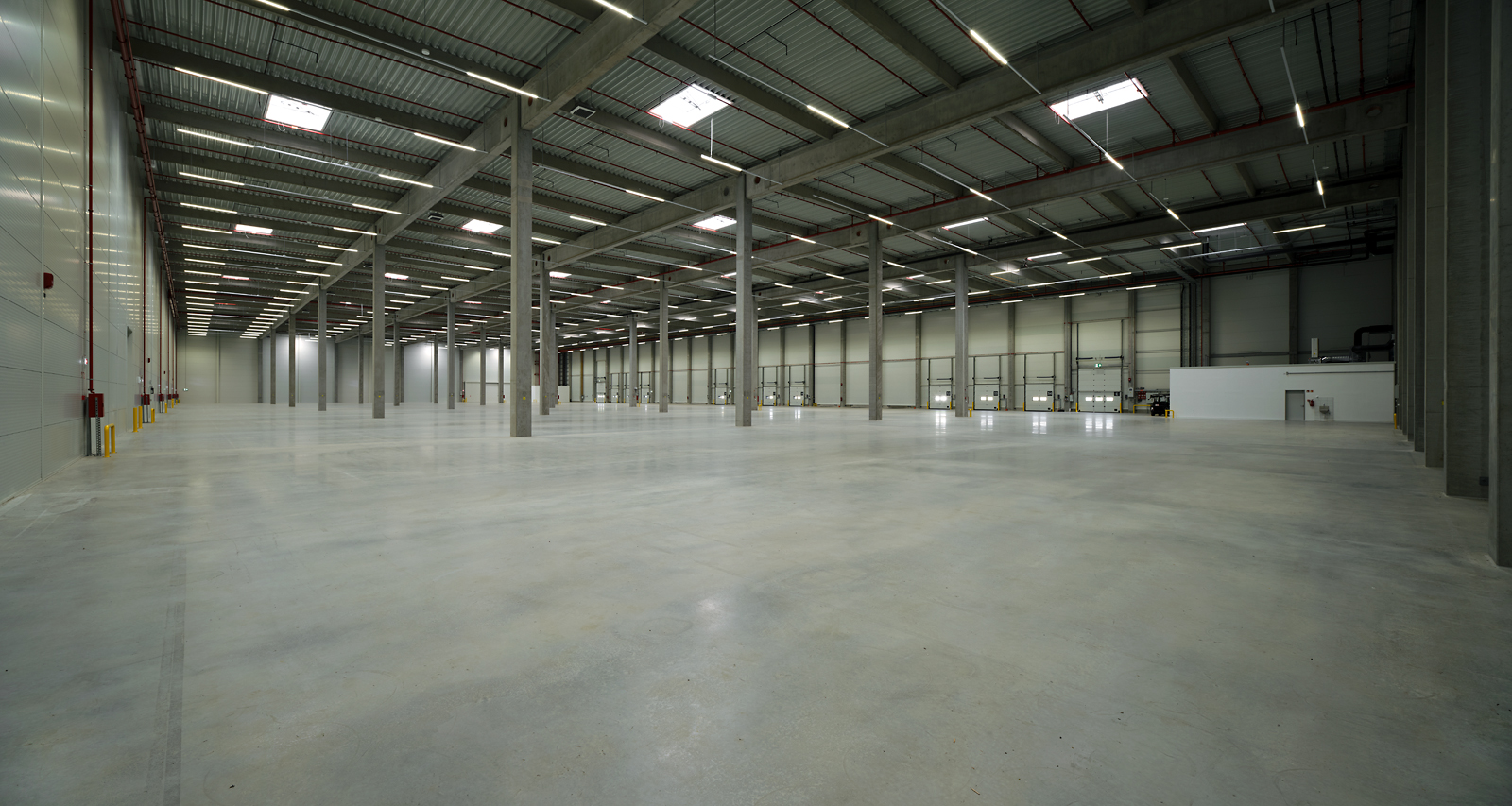Sustainability Coming to the Fore in Real Estate Investment
Ericsson headquarters by Wing, purchased by GTC.
As the concept of ESG (environmental, social, and governance) investing becomes a practice increasingly utilized by investors, the extent to which sustainability accreditation is a priority when making an acquisition or concluding other property-related decisions is open to debate.
Commercially successful investment standard buildings invariably have sustainability accreditation due to market pressure from tenants and the increasingly stringent international environmental regulations.
Further, investors need to look to a longer-term rise in the value of an asset and the prospect of new national and international sustainability regulations in the near future for a project to be viable in the long run.
Sustainable investments could be defined as the practice of making capital allocations based on socially responsible ethical strategies.
“Key areas of focus are the reduction of energy consumption, the protection of natural resources, as well as the provision of a healthy and well-being working environment,” says the U.K.-based Royal Institution of Chartered Surveyors (RICS).
“Guiding market decisions towards sustainability and climate-friendly solutions will generate financial and economic payoffs for investors in the medium to long term,” the society adds.

Váci Greens, the final phase sold by Atenor to GTC.
Prerequisite
Máté Galambos, leasing director at Atenor Hungary, believes sustainability accreditation is becoming a prerequisite for investors.
“Grade ‘A’ stock is more sought after than lower grade buildings, and Grade ‘A’ quality cannot be achieved presently without sustainability considerations,” Galambos says.
“Developers have been building environmentally conscious buildings with various certifications for years now. Value-add investors that seek lower class assets tend to opt for ‘in use’ sustainability certifications as well, to be able to achieve a higher return on their investments,” he explains.
“Furthermore, a more complex assessment criterion is emerging on the market: ESG considerations are becoming increasingly important for investors, which leads us to believe that in a few years, sustainability accreditations will become a ‘must’ rather than a ‘nice to have,’” Galambos adds.
Atenor has a policy of developing phased office projects and selling to an investor after completion. The BREEAM “Excellent“ accredited Váci Greens Building D, for example, has been acquired by GTC.
The OTP Prime Real Estate Investment Fund has bought the phased Corvin Technolgy Park – the first WELL accredited office building in Budapest, designed by the 3h architects studio – from Futureal for a reported EUR 100 million. Futureal says it is committed to developing WELL accreditation in all of its office developments.
In a recent deal, GTC invested EUR 160 million -170 mln in acquiring the LEED “Gold” accredited 20,000 sqm Ericsson Headquarters and LEED “Gold” 21,500 sqm Siemens Evosoft Headquarters in South Buda from Wing.
Both buildings are highly specified built-to-suit headquarters and R&D centers in green locations overlooking the Danube, leased on long-term contracts, so detailed consultations between the tenants, developers, and designers were undertaken from the planning stage.
High Priority
Asked to what extent sustainability issues influence investment and financing decisions, Péter Számely, executive director of real estate finance at Hypo Noe Landesbank, argues that there is no straightforward answer to this question. Still, sustainability is becoming more important and comes high in the priority cost of both financers and investors.
“There seems to be added value if a property is officially declared green or sustainable. Further, there may be a discount if a building is not sustainability certified. I think we are at the beginning of a process whereby societal issues and regulations are a part of the influence on financers and investors along with market forces, but this process may accelerate quicker than one would expect,” he says.
The question remains whether sustainability accreditation is a prerequisite for investors in making an acquisition or those investment-grade assets are usually accredited in any case, and therefore it is an academic argument.
“I would say the latter is definitely true, at least in the case of offices. Overall, a sustainability certificate is rarely a decision-making factor yet, but there are ESG funds and investors buying from green bonds where it is a must,” comments Norbert Szircsák, head of green building agency at Colliers International Hungary.
“I think value-add investing is already a sustainable thing; they usually refurbish and reposition buildings, which is way more sustainable than building one from the ground. As they also want to create marketable products, that requires the incorporation of sustainability and third-party verification,” Szircsák adds.
It would seem that sustainability is a central element and arguably a necessity throughout the development process, from planning, permitting, and financing to construction, leasing, and the exit strategy.
With sustainability benchmarking and accountability, it would be difficult for building owners to be accused of “greenwashing” (providing misleading information about how a company’s products are verified) as it is relatively straightforward to verify the claims made by a building owner or developer.
“International green building assessment systems provide a good basis for a comparable and consistent stock in a real-estate portfolio across countries,” notes Ida Kiss, design director at DVM group.
“Corporations with a global presence are also seeking this assurance as potential tenants, so these are the aspects behind the tendency of green ratings becoming a minimum requirement for developers. ESG reporting obligations of businesses and the EU taxonomy will further drive the spread of ratings and will increase the benchmarks higher,” she concludes.
This article was first published in the Budapest Business Journal print issue of September 24, 2021.
SUPPORT THE BUDAPEST BUSINESS JOURNAL
Producing journalism that is worthy of the name is a costly business. For 27 years, the publishers, editors and reporters of the Budapest Business Journal have striven to bring you business news that works, information that you can trust, that is factual, accurate and presented without fear or favor.
Newspaper organizations across the globe have struggled to find a business model that allows them to continue to excel, without compromising their ability to perform. Most recently, some have experimented with the idea of involving their most important stakeholders, their readers.
We would like to offer that same opportunity to our readers. We would like to invite you to help us deliver the quality business journalism you require. Hit our Support the BBJ button and you can choose the how much and how often you send us your contributions.








